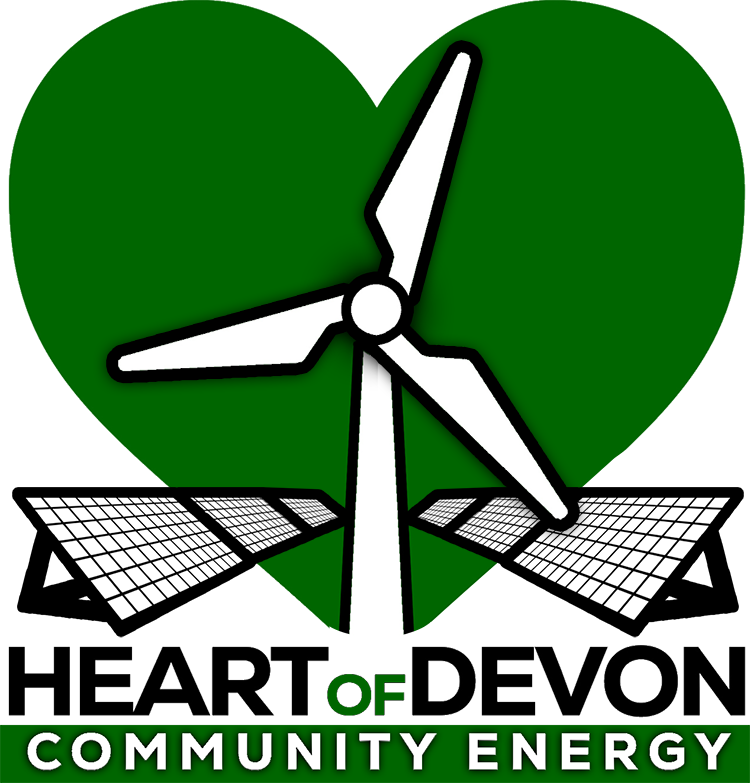
Benefits of Community Energy
Government recognises that community energy will be an increasingly important part of the energy system, delivering energy efficiency and demand management, supporting switching to renewable energy and working with residents and businesses to deliver changes. Rapid changes in technologies are providing many more opportunities for communities to benefit.
If communities like ours set up our own community energy company there are many benefits. We have chosen a community owned and operated wind turbine as the first project because it has the potential to:
Keep more money in the community – 15 times or more than industry standards
Provide locally produced renewable energy
Deliver cheaper electricity (especially if Government approves the Local Energy Bill)
Help resource efficiency by reducing transmission costs
Reduce Carbon emissions – essential to help reduce climate change
Work with and encourage residents to reduce energy costs through efficiency
Advocate for the community to roll out new technologies
Stimulate the local economy – local spend, investments and reduced bills
Increase resilience
Work with the local schools on energy awareness
Showcase benefits to other areas – tourism
Look at our resource pages to read much more about the benefits.
Carbon Footprints
The government has committed the UK to Net Zero by 2050. Many scientists say we should aim to do this by 2030 in order to mitigate the worst effects of climate change.
What are carbon foot prints and Net Zero?
A carbon footprint is the total greenhouse gas emissions caused by an individual, event, organisation, service, place or product, expressed as carbon dioxide equivalent. For example when we light a gas fire carbon dioxide is given off into the atmosphere; a car emits carbon dioxide as its driven. There are other greenhouse gas emissions such as methane from agricultures. Emissions are not just related to our own activities but include external ones coming from construction, food manufacturing, services and transport.
The average figure for each person in the UK (including children) is about 6 tons a year and is broken down roughly as pictured (on the right).
Put simply, net zero refers to the balance between the amount of greenhouse gas produced and the amount removed from the atmosphere. We reach net zero when the amount we add is no more than the amount taken away.
Every parish in Devon can establish their own carbon footprint using:
Each parish will have a different carbon footprint and this can be used to establish priorities for action. For instance, land use is much higher in Thelbridge and this could be identified as a priority for action.







